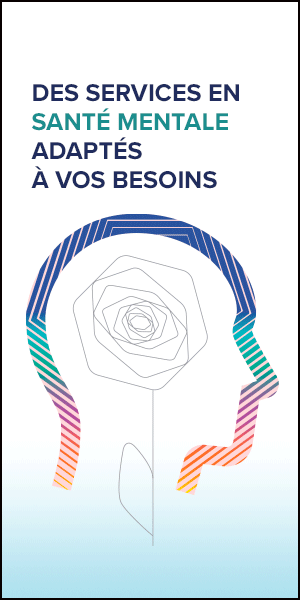Caregivers will once again be able to care for loved ones in seniors’ residences
Caregivers will once again be able to care for loved ones in seniors’ residences
As of May 11th, caregivers will once again be able to return to seniors’ residences to help their loved ones.
The minister Responsible for Seniors and Informal Caregivers, Marguerite Blais, announced Tuesday that the rules surrounding the supervision of seniors in the province will be eased.
Caregivers must be those who were already present on a regular basis before the pandemic. They will be able to provide support to a person in all types of residences, both in CHSLDs and in intermediate and family-type resources or in résidence privée pour aînés (RPA). Caregivers must, however, continue to respect the conditions in place, including:
– Wear a protective mask at all times;
– Strictly follow hand hygiene;
– Carefully watch their symptoms;
– Have a screening test before their first visit to an environment without people with COVID-19, and as often as necessary ;
Other pieces of personal protective equipment may be required depending on the person’s condition.
«We are changing the paradigm. Before, family caregivers were admitted in exceptional cases. Now, it would have to be exceptional for them not to be admitted, » Marguerite Blais, Minister Responsible for Seniors
The government hopes to counter physical and psychological distress, especially among seniors who have been confined for several weeks, but also among people suffering from autism spectrum disorder living in residences, and among caregivers and relatives as well as people at the end of life. “There are perverse effects of prolonged confinement on the physical and mental condition of people living in these living environments. This is one of the darkest sides of this crisis, and that is why we are taking action, “said Minister Blais.
The easing of these measures will also be subject to compliance with certain precautions to ensure a favorable balance between the risks and the associated benefits. The caregiver in particular must sign a form attesting that they are making an informed and voluntary decision, in full knowledge of the risks associated with it, and that they undertake to adopt the behaviors required to ensure their safety, that of the resident that it supports as well as that of other residents and staff members.


